Level Up: How to Use Gaming Psychology to Crush Your Fitness Goals
In recent years, the worlds of gaming and fitness have found an unexpected yet harmonious intersection, driven by the principles of gaming psychology. This burgeoning field explores how the motivational strategies and reward systems inherent in video games can be leveraged to enhance fitness routines, making them more engaging and effective. By understanding the psychological underpinnings that make gaming so addictive, individuals can apply these principles to their fitness regimes to overcome mental barriers, increase motivation, and ultimately crush their fitness goals. This article delves into ten key aspects of gaming psychology that can transform your approach to fitness, providing a roadmap to level up your physical health journey.
Gamification: Turning Workouts into Play
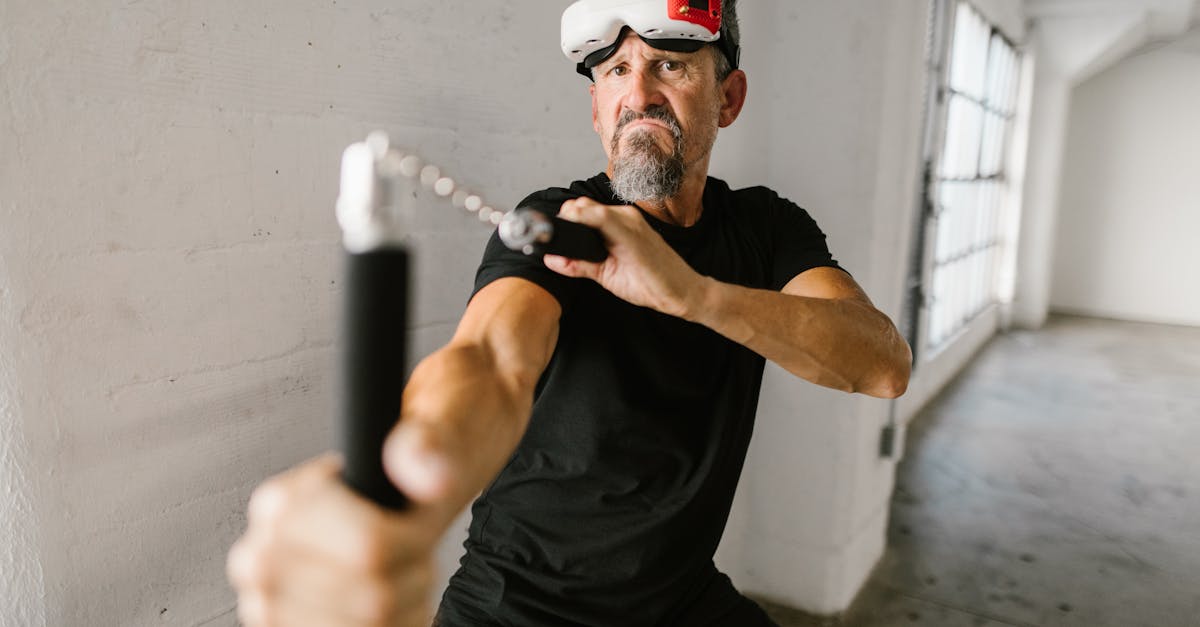
Gamification is the process of integrating game-like elements into non-game contexts, and it has revolutionized the way we perceive fitness. By incorporating points, levels, and achievements into workout routines, individuals can transform mundane exercises into engaging challenges. This approach taps into our innate desire for competition and achievement, making workouts more enjoyable and less of a chore. Apps like Zombies, Run! and Fitbit use these principles to motivate users by turning physical activity into a narrative-driven experience. By setting clear goals and providing immediate feedback, gamification keeps users motivated and engaged, fostering a sense of accomplishment with each milestone reached.
The Power of Progression Systems
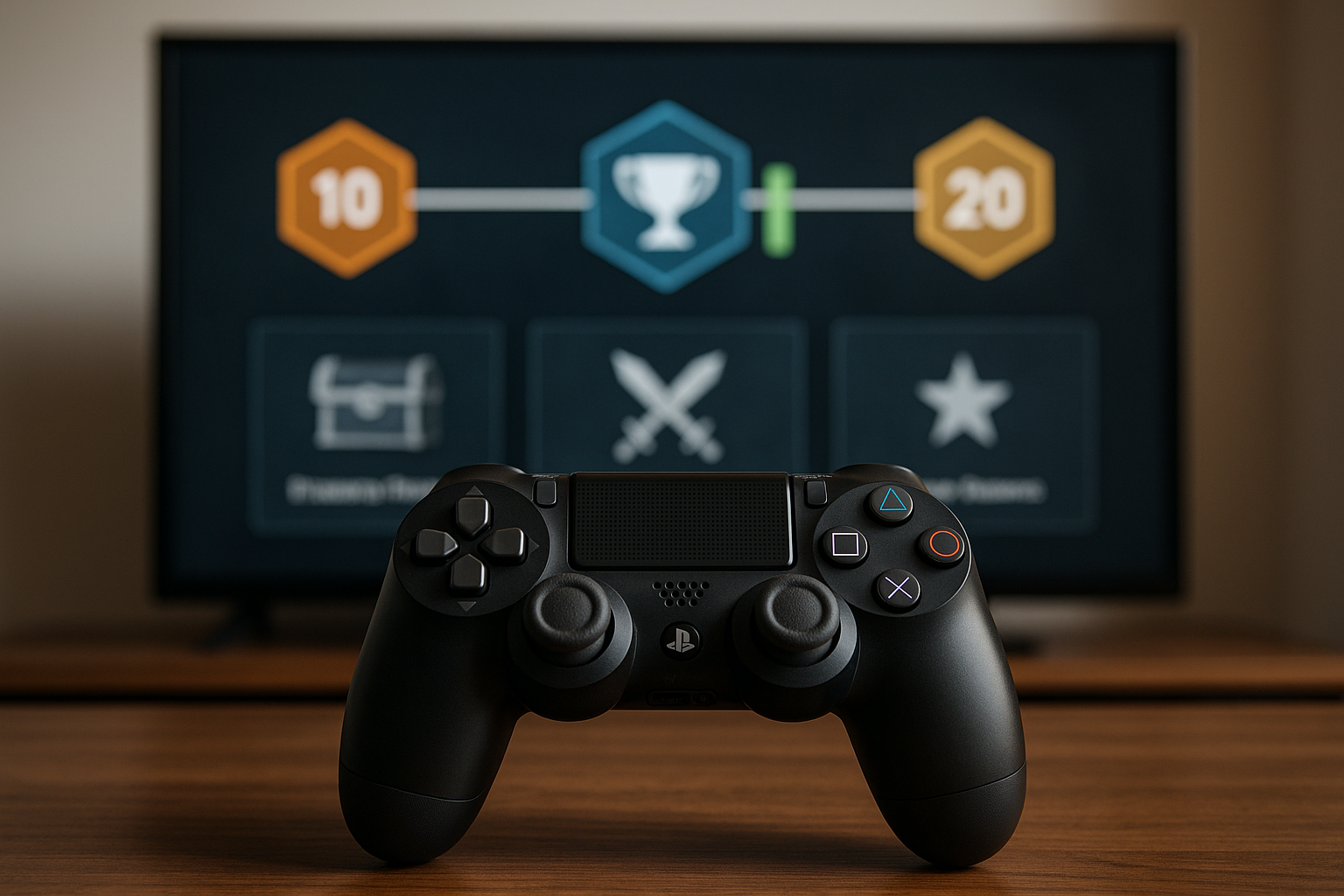
One of the most compelling aspects of video games is their progression systems, which provide players with a sense of growth and advancement. This concept can be directly applied to fitness by setting incremental goals that gradually increase in difficulty. By breaking down larger fitness objectives into smaller, manageable tasks, individuals can experience a continuous sense of progress, similar to leveling up in a game. This not only prevents burnout but also sustains motivation over the long term. Progression systems in fitness can include increasing weights, running longer distances, or mastering new skills, each serving as a stepping stone towards ultimate fitness goals.
The Role of Feedback and Rewards

Immediate feedback and rewards are crucial components of gaming psychology that can be effectively utilized in fitness. In video games, players receive constant feedback on their performance, which helps them adjust their strategies and improve. Similarly, in fitness, tracking progress through metrics like heart rate, calories burned, or reps completed provides valuable feedback that can guide future workouts. Rewards, such as treating oneself to a rest day or a healthy snack after reaching a milestone, can reinforce positive behavior. These elements not only enhance motivation but also create a loop of positive reinforcement that keeps individuals committed to their fitness journey.
Social Connectivity and Community Building
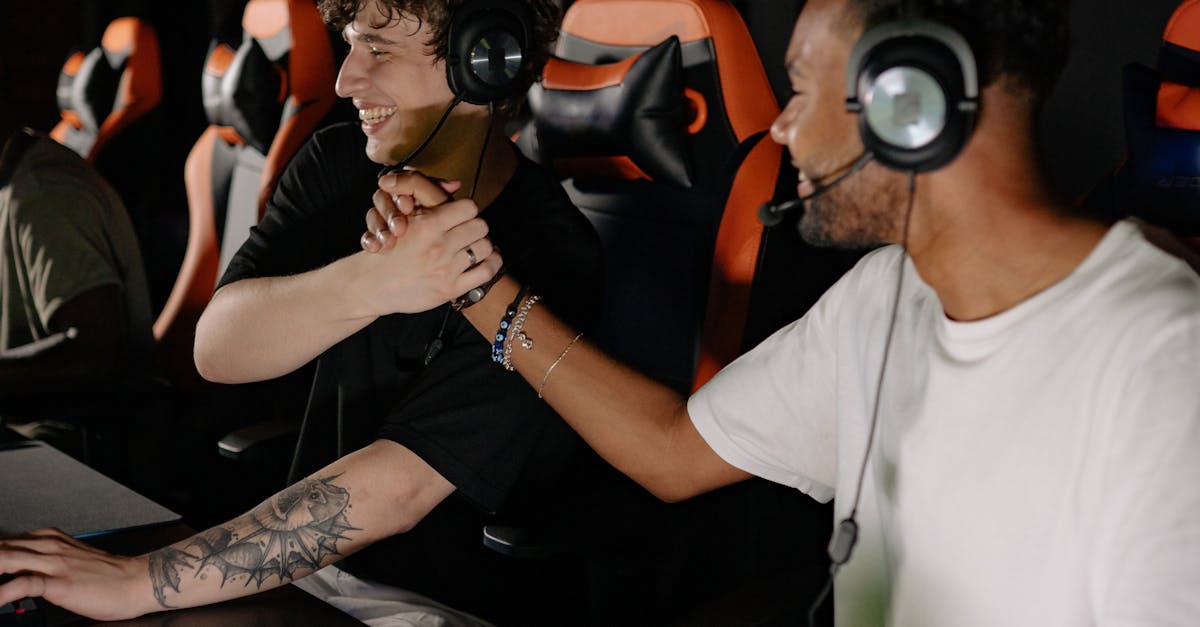
Gaming often involves social elements, such as multiplayer modes and online communities, which can be harnessed to enhance fitness experiences. Joining fitness groups, participating in challenges, or engaging with online communities can provide the social support and accountability needed to stay motivated. Platforms like Strava and Peloton have successfully integrated social features, allowing users to share achievements, compete with friends, and join virtual classes. This sense of community fosters a supportive environment where individuals can celebrate successes, share tips, and encourage each other, ultimately driving collective progress and personal growth.
The Psychology of Leaderboards and Competition
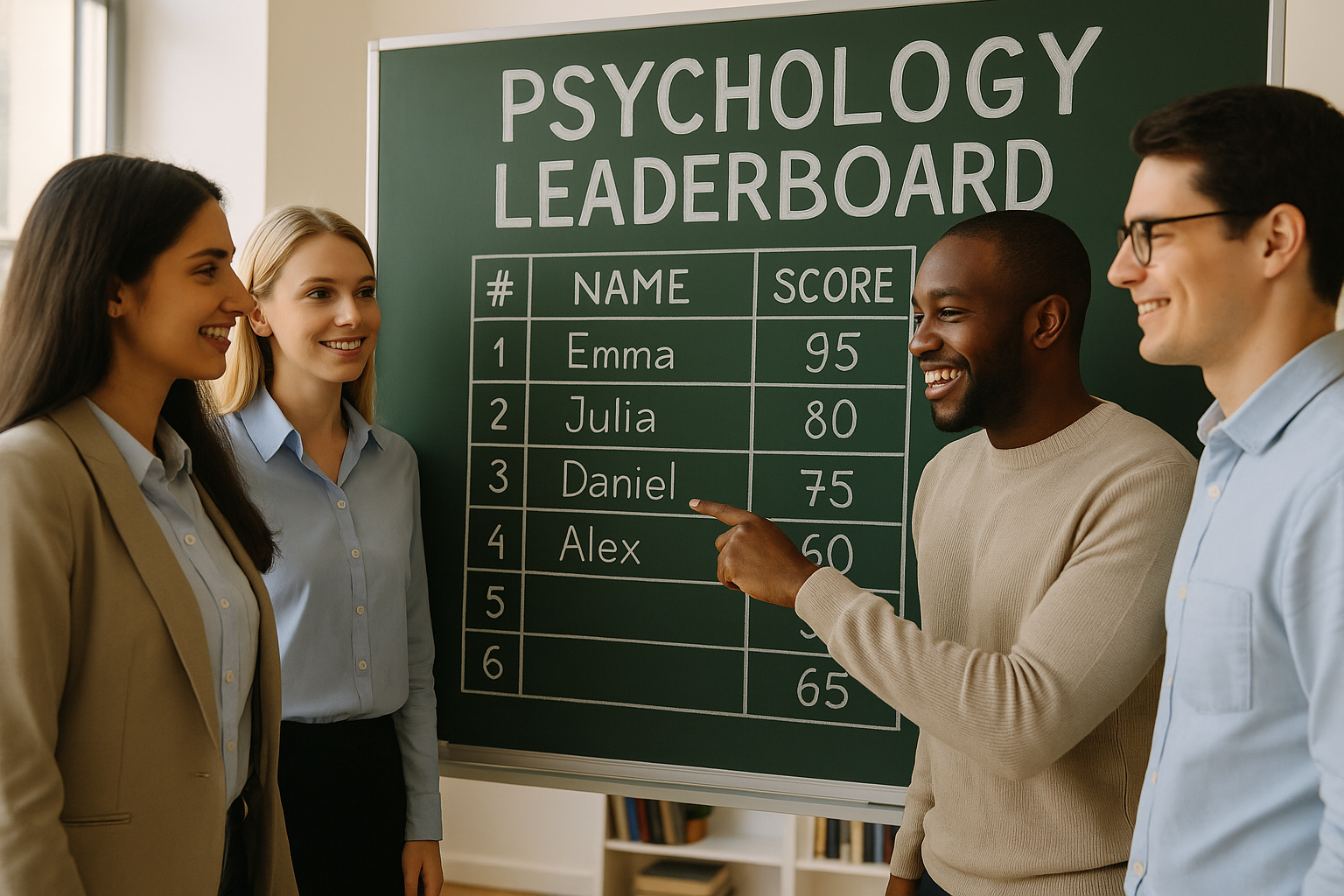
Leaderboards and competition are powerful motivators in the gaming world, and they can be equally effective in fitness. By introducing competitive elements, such as ranking systems or challenges, individuals can push themselves to achieve more. Competing against others or even against personal bests taps into the intrinsic motivation to improve and succeed. This competitive spirit can drive individuals to push their limits, enhance performance, and reach new heights in their fitness journey. However, it is essential to maintain a healthy balance, ensuring that competition remains a positive force that encourages growth rather than fostering unhealthy comparisons.
Narrative and Storytelling in Fitness

Narrative and storytelling are key components of many successful video games, providing context and meaning to player actions. This technique can be applied to fitness by creating a personal narrative or mission that aligns with one's goals. For example, envisioning a story where each workout is a step towards becoming the hero of one's own health journey can provide motivation and purpose. Fitness apps that incorporate storytelling elements, such as role-playing scenarios or adventure themes, can transform routine exercises into epic quests. This narrative approach not only makes fitness more exciting but also helps individuals stay focused on their long-term vision.
The Impact of Avatars and Personalization
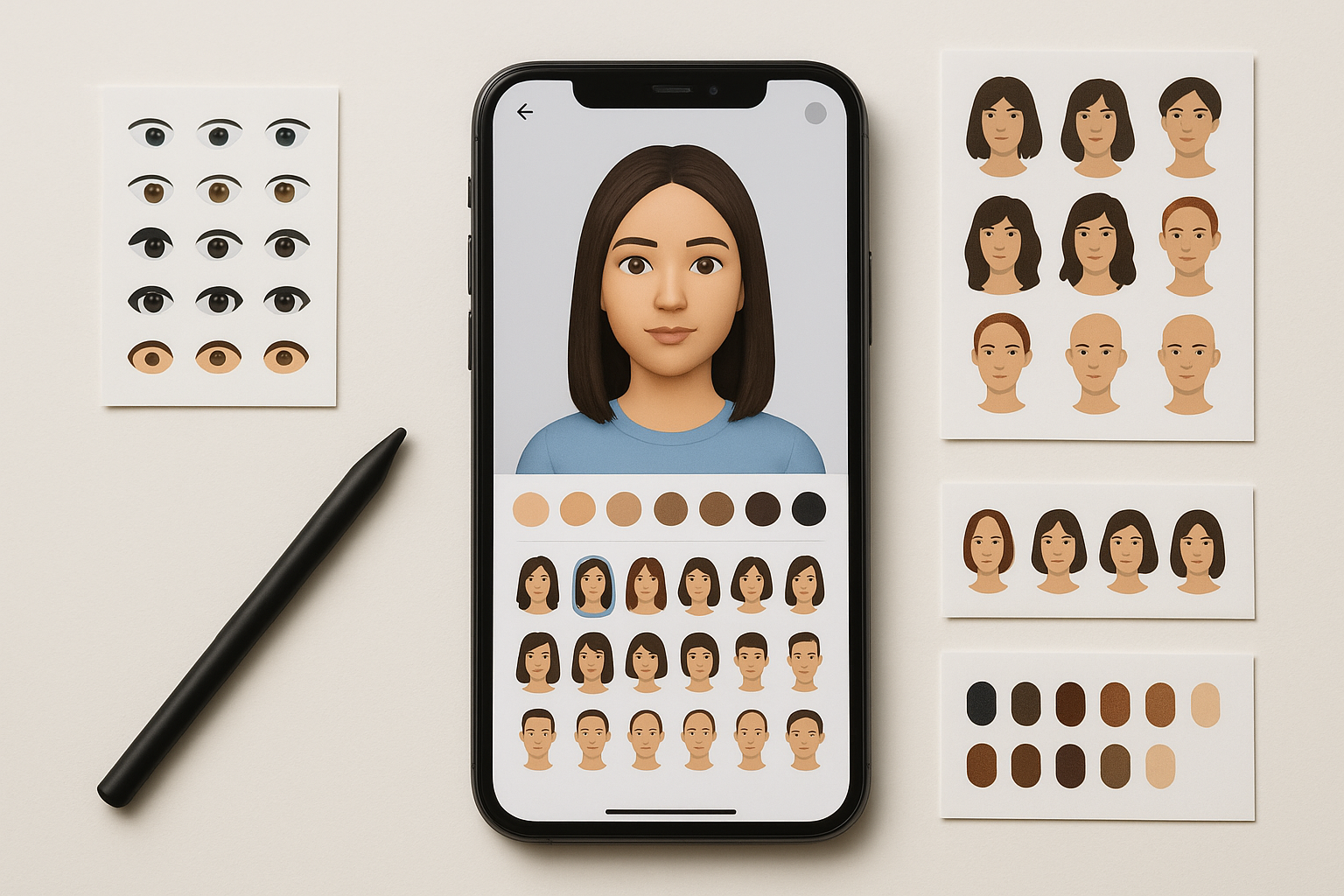
In video games, avatars allow players to create and control a character that represents them in the virtual world. This concept of personalization can be applied to fitness by encouraging individuals to create a "fitness avatar" or persona that embodies their goals and aspirations. Personalization enhances engagement by allowing individuals to tailor their fitness experience to their preferences, whether it's selecting specific workouts, tracking progress, or setting personalized goals. By visualizing themselves as their ideal fitness avatar, individuals can strengthen their commitment to their fitness journey and maintain motivation by seeing their progress mirrored in their virtual counterpart.
Overcoming Obstacles with Resilience and Persistence

Gaming often involves overcoming challenges and obstacles, teaching players resilience and persistence. These skills are invaluable in fitness, where setbacks and plateaus are common. By adopting a gamer’s mindset, individuals can view challenges as opportunities for growth rather than insurmountable barriers. Techniques such as reframing negative thoughts, setting realistic expectations, and celebrating small victories can help maintain motivation through difficult times. Embracing a growth mindset, where effort and perseverance are valued, can transform obstacles into stepping stones, empowering individuals to push past their limits and achieve their fitness goals.
Embrace the Game and Transform Your Fitness Journey
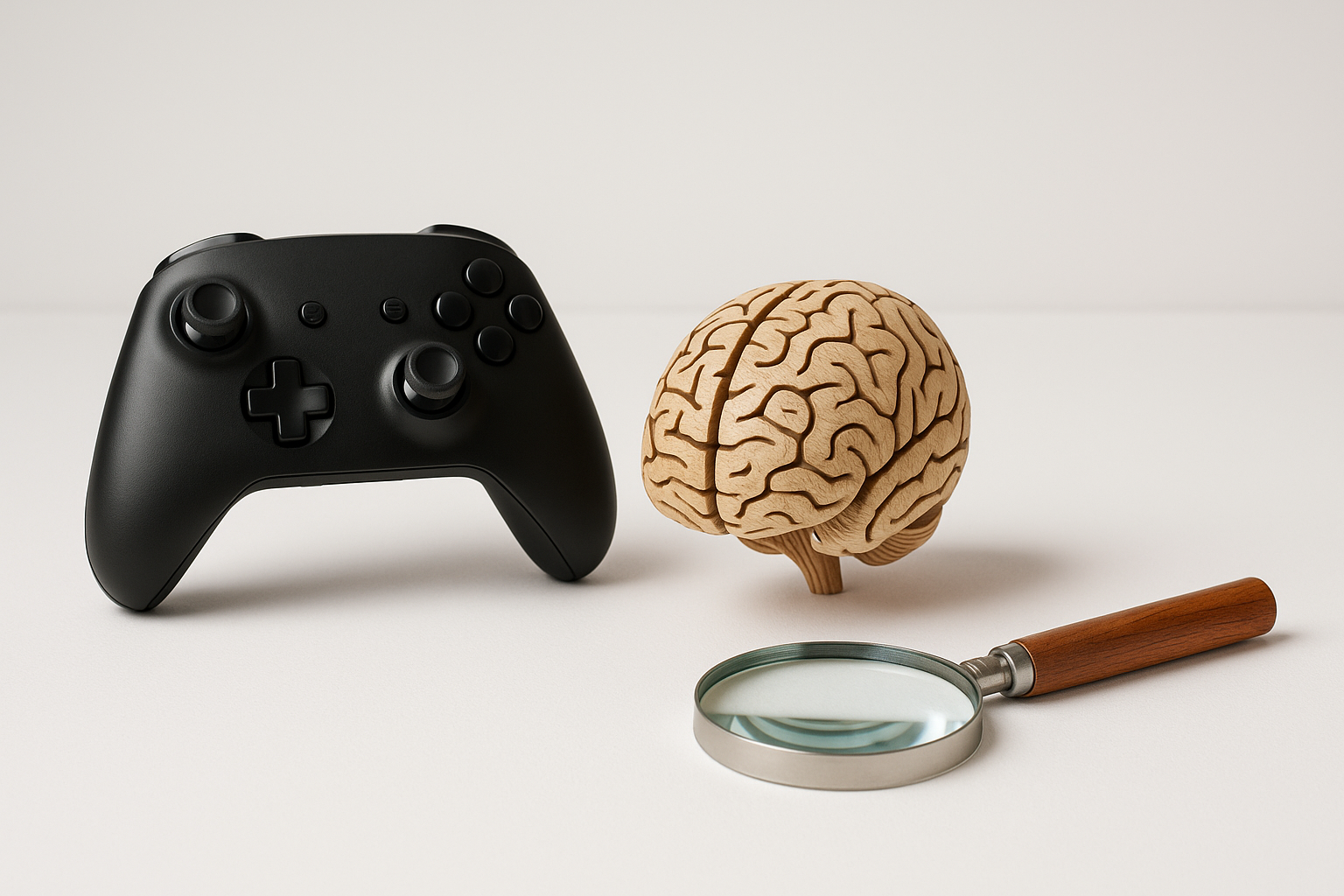
The principles of gaming psychology offer a unique and effective approach to achieving fitness goals by making the process more engaging, rewarding, and sustainable. By incorporating elements such as gamification, progression systems, feedback, social connectivity, competition, storytelling, personalization, and resilience, individuals can transform their fitness routines into captivating experiences. This holistic approach not only enhances motivation but also fosters a deeper connection to one's fitness journey, making it a lifelong adventure rather than a temporary challenge. Embrace the game, level up, and watch as you crush your fitness goals with newfound enthusiasm and determination.